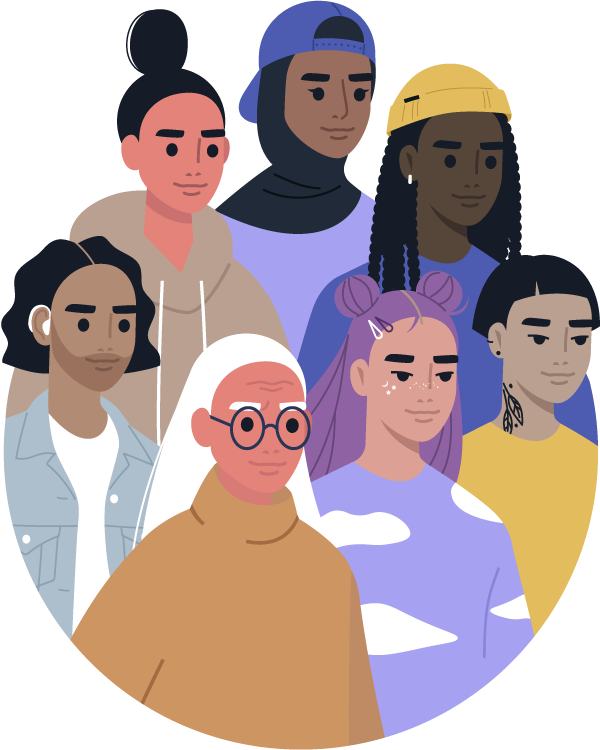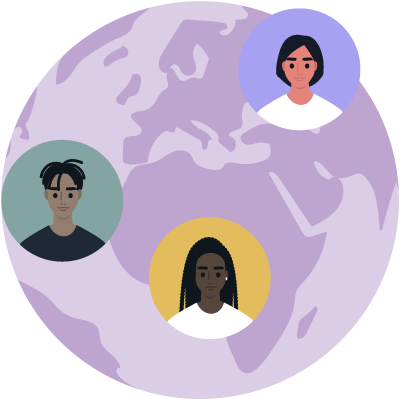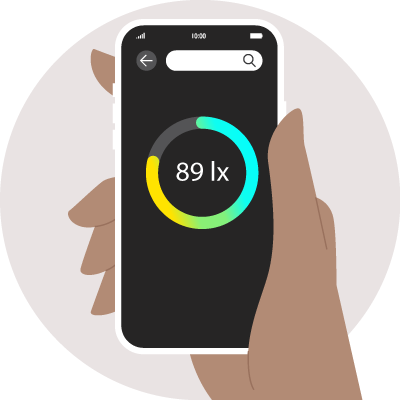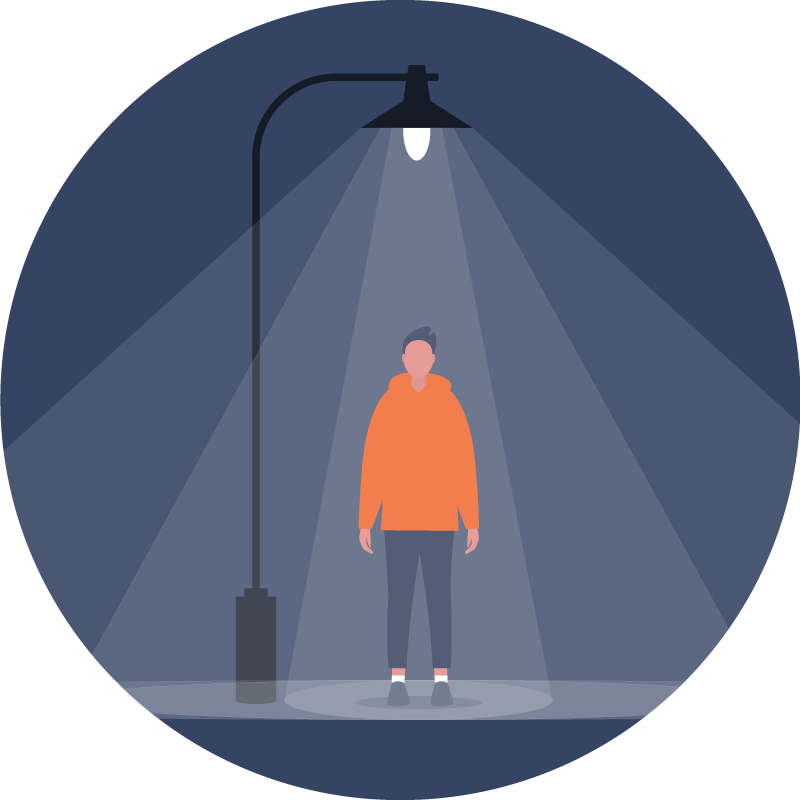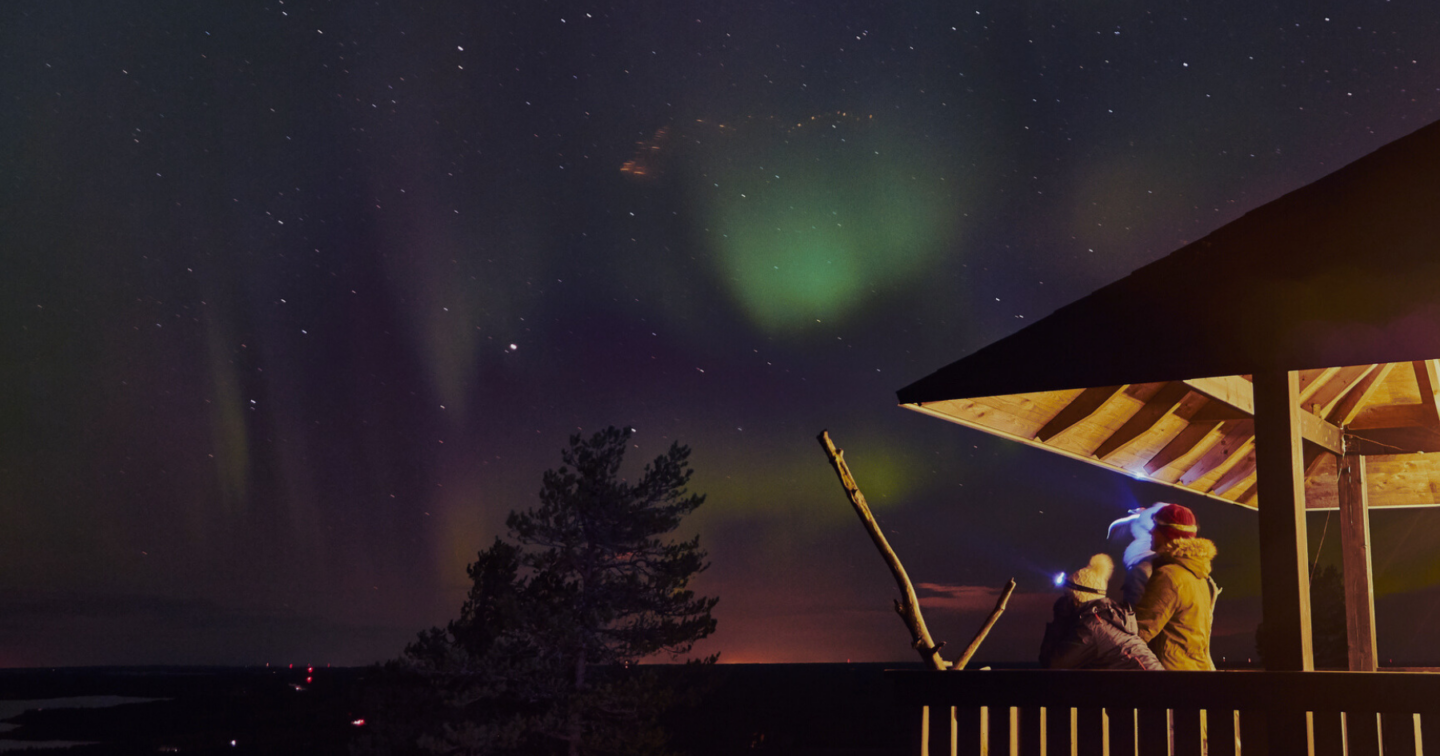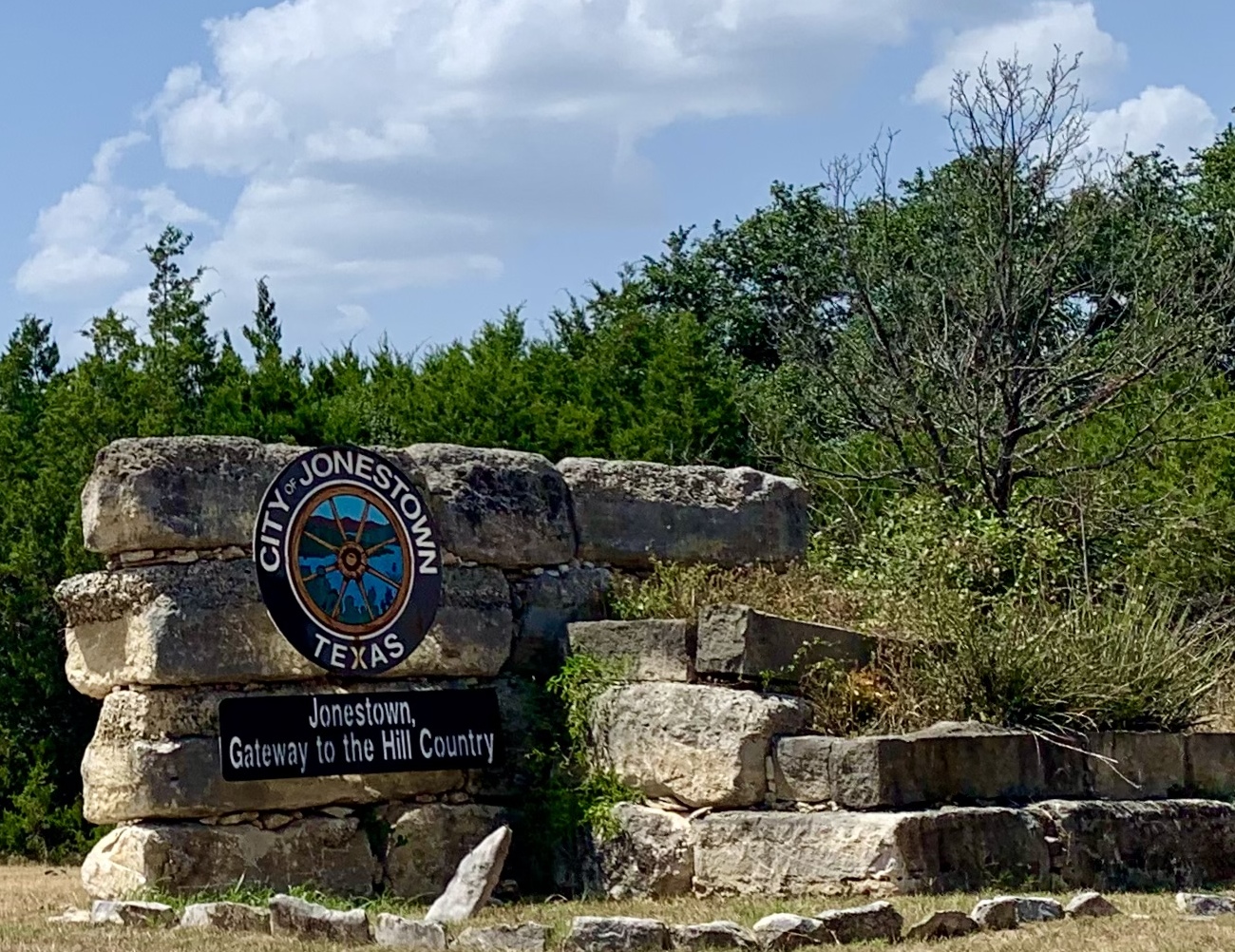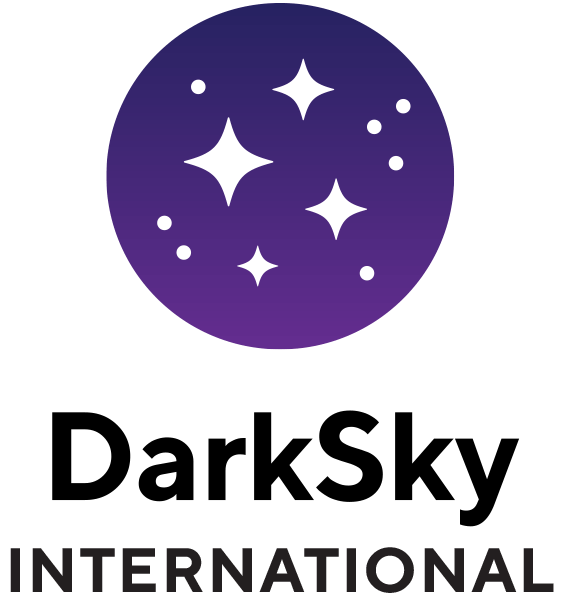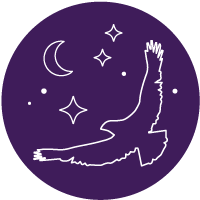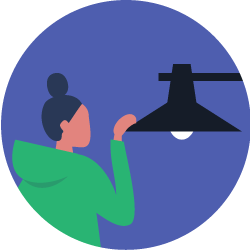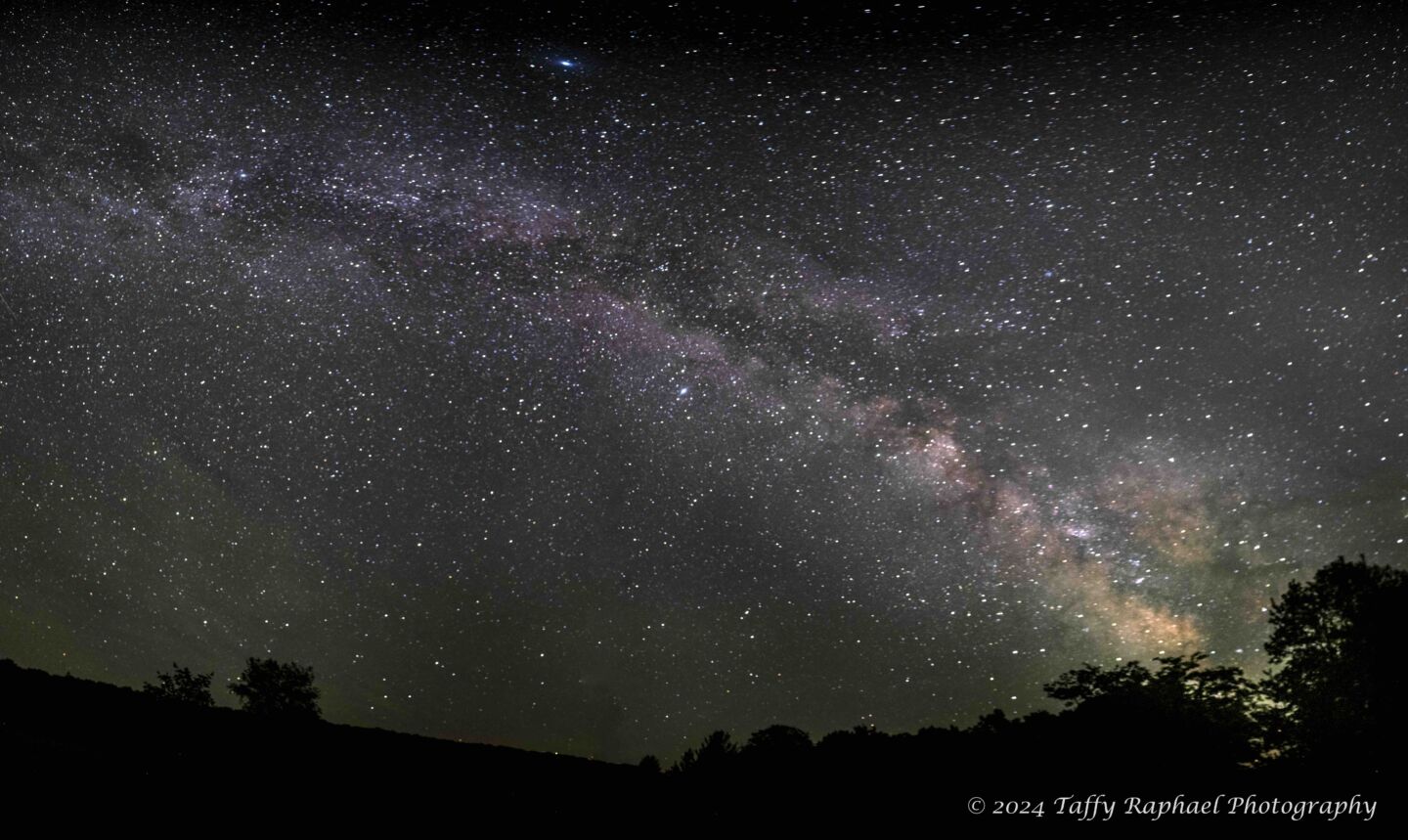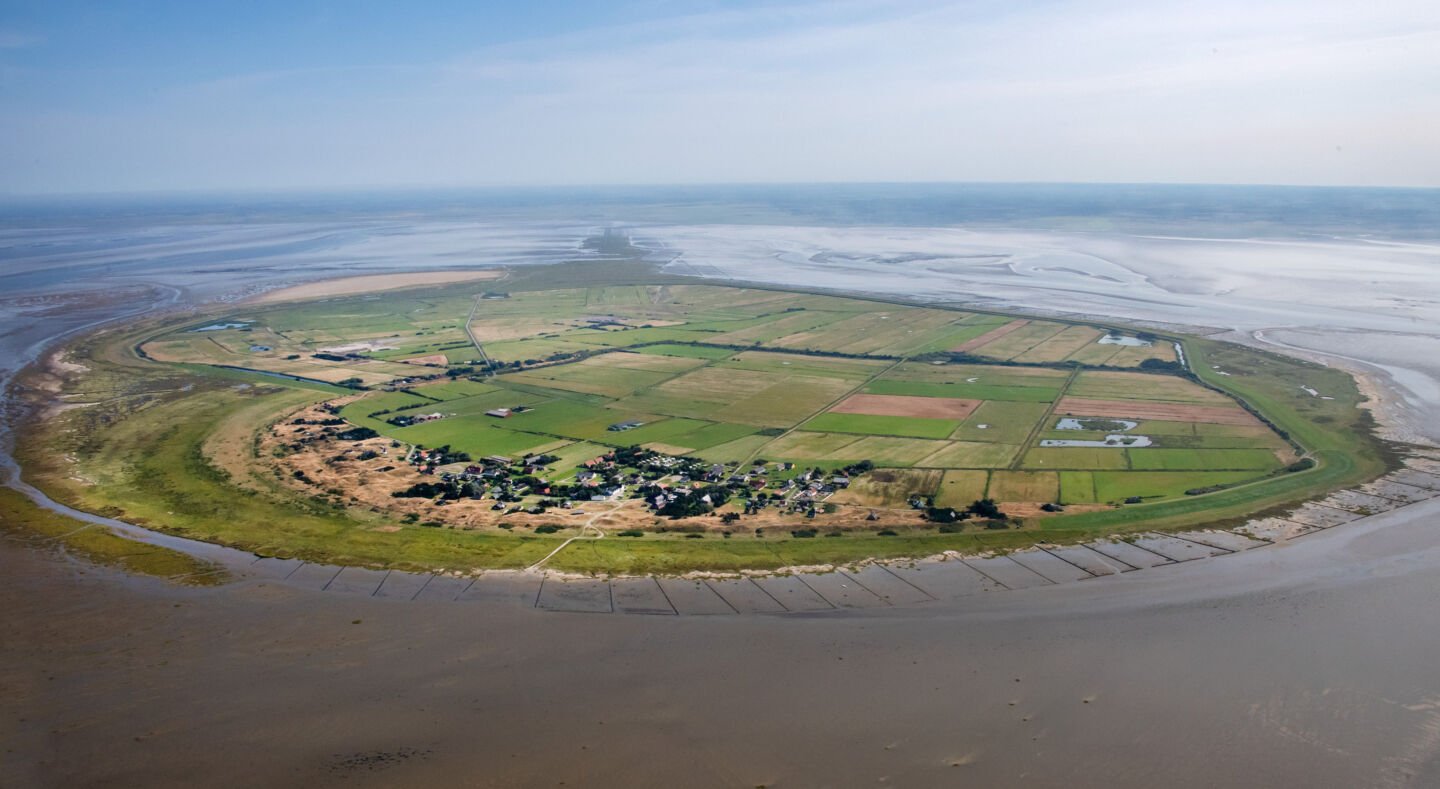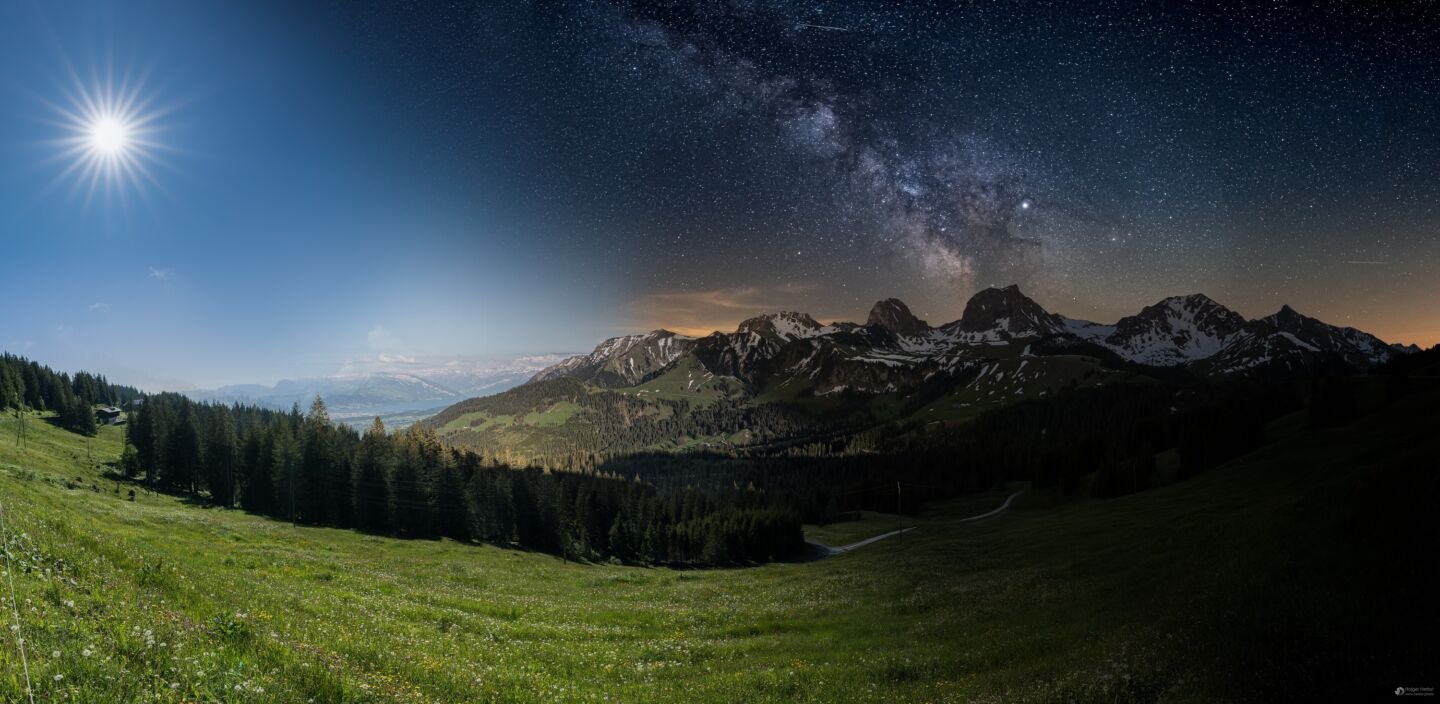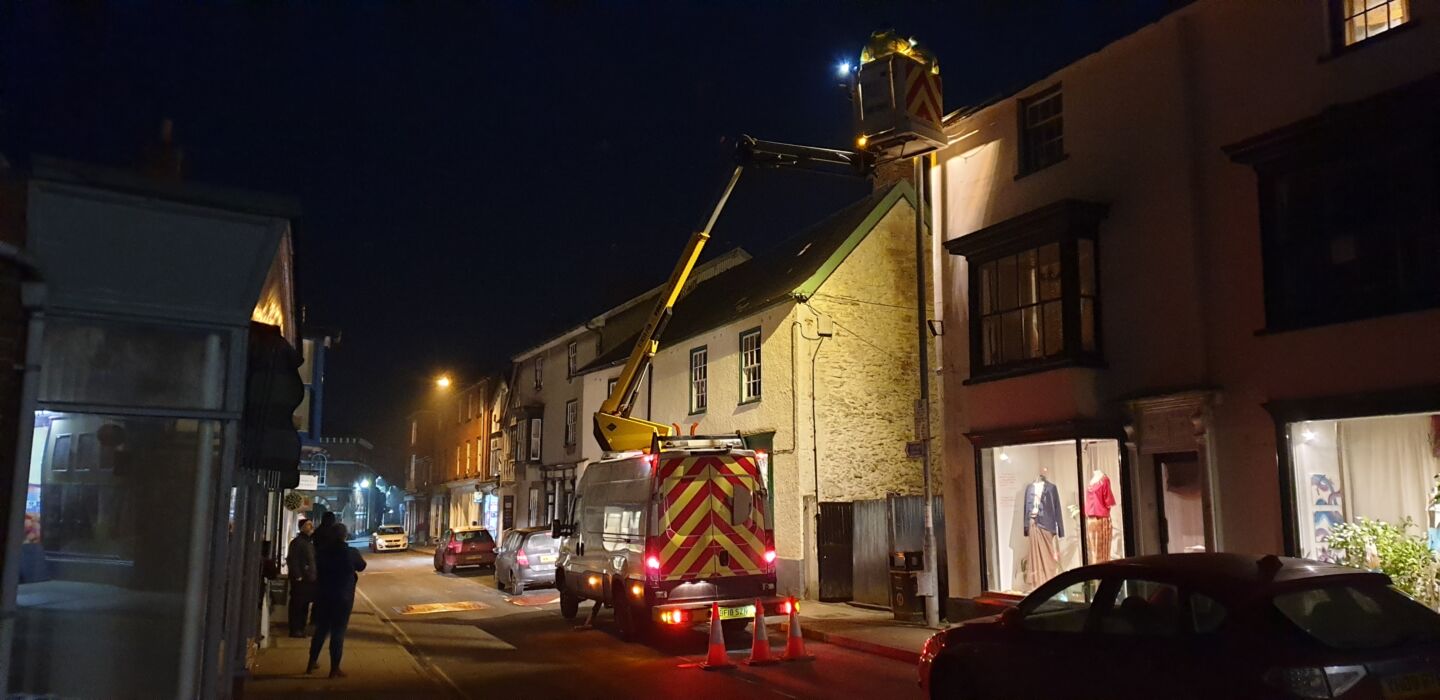
Ian Hobkirk: Astrotourism as a force for good
Barcelona-born DarkSky Delegate Ian Hobkirk promotes astrotourism and educates about health risks, emphasizing behavioral change and ‘glocal’ approaches.
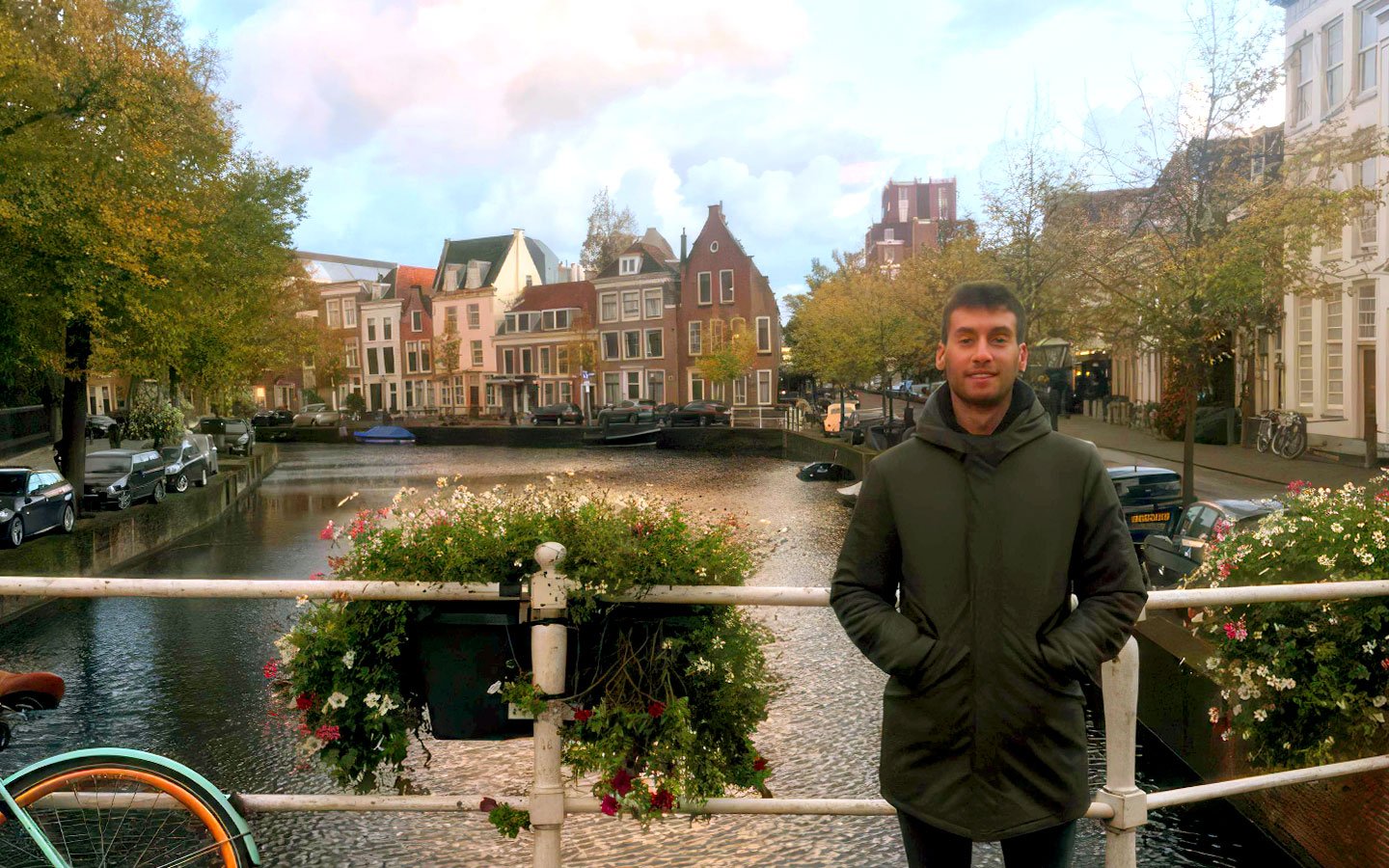
Each month DarkSky International features a DarkSky Advocate from the worldwide network of volunteers who are working to protect the night. This month we’re highlighting the work of DarkSky Delegate Ian Hobkirk.
Ian Hobkirk is a living example of the importance of light pollution advocacy. Having grown up in Barcelona to English-Spanish parents, and living mainly in large European cities in Spain and the Netherlands, Ian has never had a chance to visit what he calls a “truly dark place.” It was the experience of seeing the skies above his mother’s hometown in rural Catalonia that really made him want to find a way to change things.
From promoting and defining the term “astrotourism“ and working with communities to develop it, to raising awareness about the health dangers of light pollution and encouraging Thai students to look at the night sky — Ian’s conservation work is broad-reaching and driven by a sense of mission.
“My mum’s from this small Spanish town — Ginestar — and I go there in the summer. It is a level three or four on the Bortle [darkness] scale, which isn’t great, but it’s the best I’ve seen in my life. I look up and see all these stars, and even there, for me it’s like, wow. What are we missing out on?”
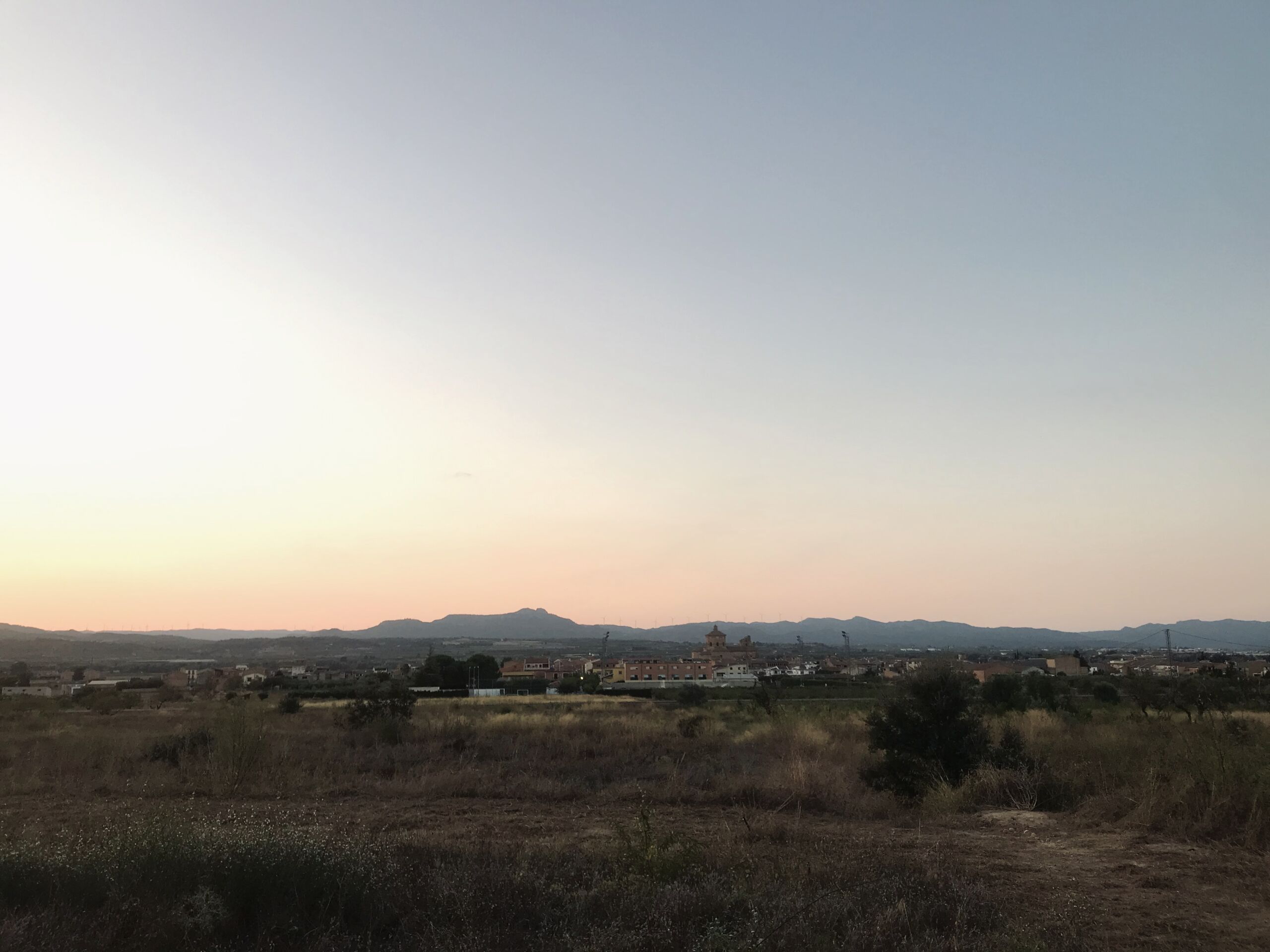
Defining astrotourism
Hobkirk got his BA in Tourism Management from both CETT-University of Barcelona and Srinakharinwirot University in Bangkok, where he studied abroad. During an internship with the travel agency Tu i Lleida, he spent time at the Parc Astronómic del Montsec, an astronomical park, an observatory in the Sierra del Montsec mountains of Catalonia. He couldn’t stop thinking about the idea of dark skies tourism as a new, niche form of ecotourism, and decided to write his bachelor’s thesis on the term ‘astrotourism’ and what it encompasses.
His subsequent Master’s thesis, “Raising Awareness About the Dangers of Light Pollution”, explored the negative effects of light pollution on humankind’s health and the ecosystem. Though only 25 years old, Ian now wears a variety of professional hats, including a tourism consultant for Ginestar, as well as an adjunct professor in ecotourism and sustainable business at Srinakharinwirot University in Bangkok.
Ian’s passion is infectious. He believes that, in order to create a more sustainable world, we must encourage behavioral change, and education through the tourism experience is a vital part of that. “Ecotourism is all about values. Kayaking in a river, and showing people around in a natural scenario is not ecotourism. But kayaking in a river and showing people around in a natural scenario while advocating conservation values — that’s ecotourism. It’s the same with astrotourism.”
Having lived in Asia, Ian has seen firsthand how wealth gaps can hinder conservation efforts. He points out that people on low incomes generally don’t have the luxury of caring about environmental issues. “It makes sense. It’s hard to care about the environment if you can’t actually bring food to the table every day.” But he believes that the next generation can make a difference and hopes his classes will encourage better practices among young tourism professionals with the means to effect change.
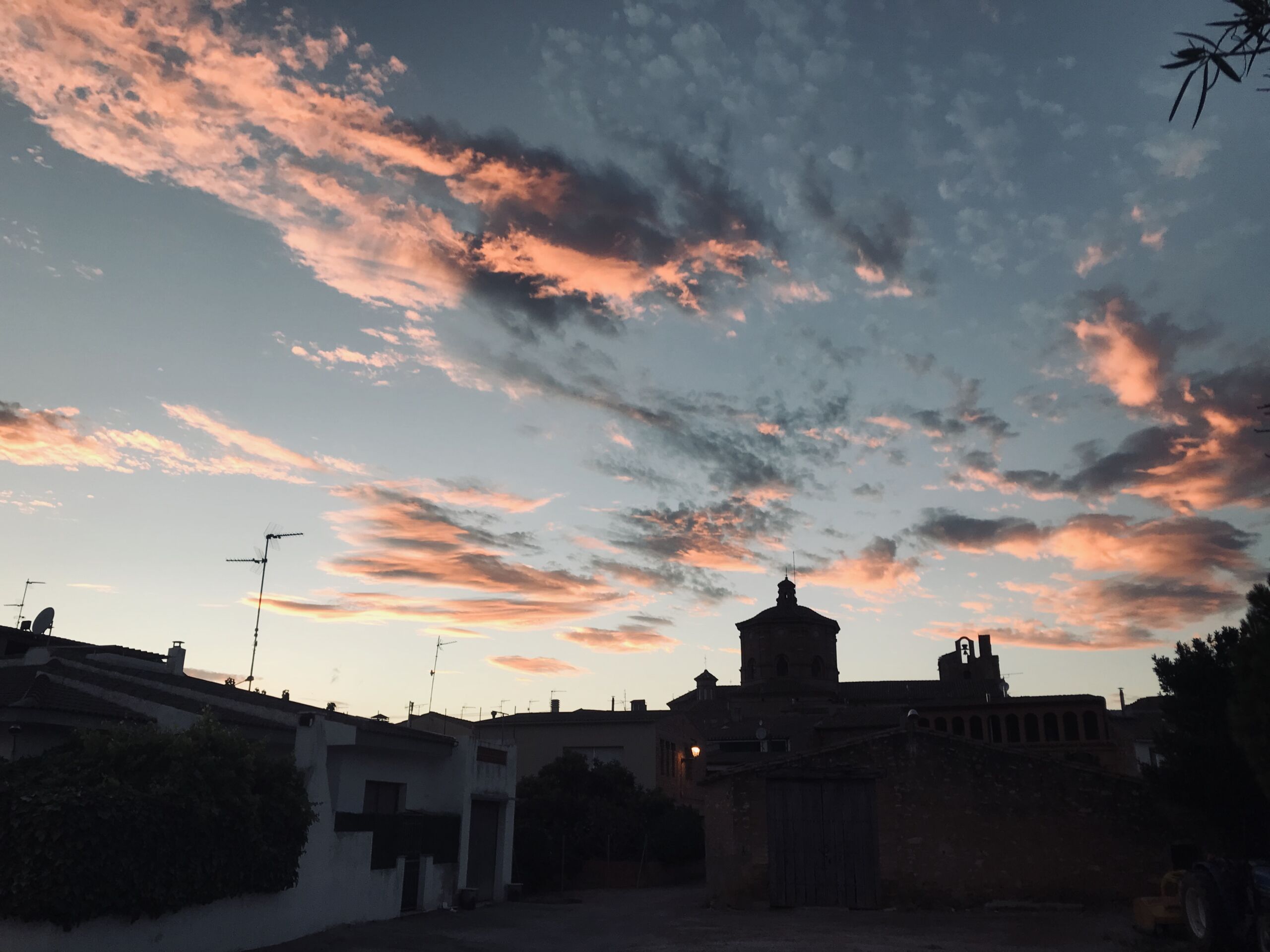
Going “glocal”
Ian has been encouraged by the response to his ongoing eco/astrotourism development program in Ginestar. The village is aiming to eventually apply for accreditation as a dark-sky place by DarkSky International or Spain’s Fundación Starlight.
He attributes this success to the fact that people in small communities often have a “glocal“ mindset — thinking globally and acting locally. “In a small community, the stakeholder fabric is not as intricate [as] in a major city. You know everyone in town and, if you’re a good neighbor, mayor, or politician, you really want to do good for the community you live in.”
But, if not managed correctly, even astrotourism or ecotourism can be damaging, and he warns that astrotourism can quickly become mass tourism or overtourism without a strategic plan: “If tourism disturbs the normal flow of activities for a destination, then there’s something wrong.”
At the end of the day, Ian believes it’s important to walk the talk as an ecotourism professional and puts a focus on learning about local cultures when he travels. “I’m always trying to reduce my footprint when I travel, like not using flights and taking trains instead. And so I don’t have a bucket list. I want to understand local communities and their values, and in that context, try to find a way for astrotourism to be a force for good.”
In the face of global upheaval, changes to the travel industry and the pandemic, Ian says that what gives him the energy to wake up every morning is his strong belief in the things he does. And he has been inspired and empowered by the DarkSky community.
“I’m really lucky that I found a group of people that actually believe in the things I do because I’ve sometimes felt a bit of an outsider, you know? It’s a really niche thing that I’m doing and people haven’t always understood it. Being able to find a community of people…with every different career and cultural background imaginable…that made me believe I wasn’t alone. I could continue advocating for these values and could go to these communities and make lives better by reducing light pollution.”
Ian Hobkirk’s astrotourism research publications are available to read for free on ResearchGate and you can follow his work and connect with him on LinkedIn.
To learn more about the DarkSky Advocacy Network, click here.

